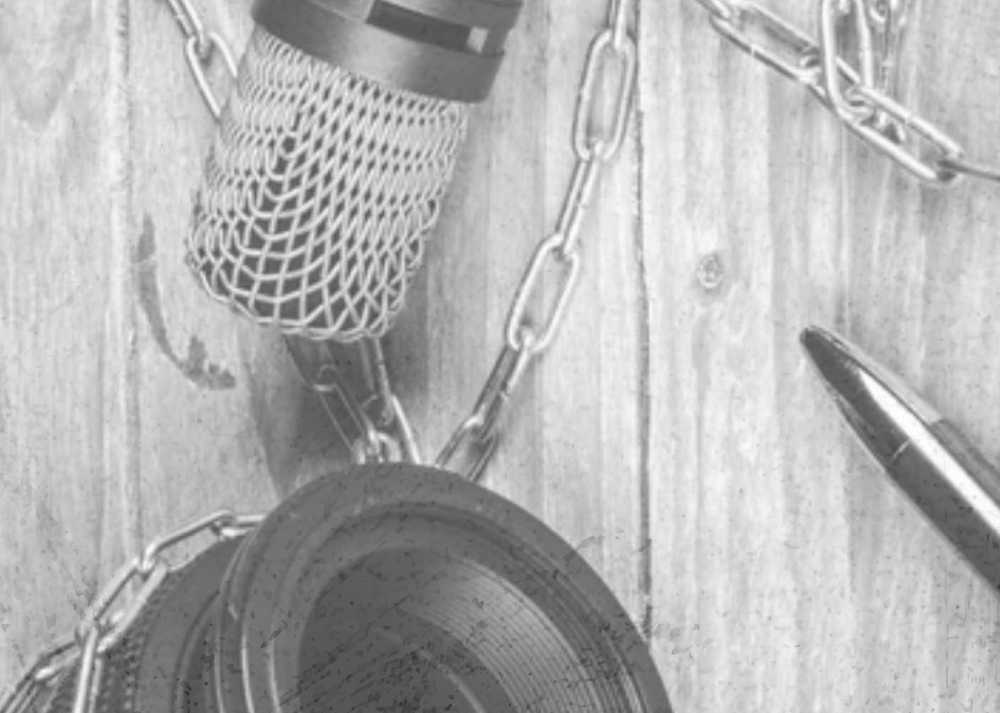
In the month of September 2023, the Israeli forces targeted a total of 26 Palestinian journalists and photographers, with 17 of these incidents occurring in the Gaza Strip, while the Palestinian Authority targeted five individuals in the West Bank. In Syria, regime-affiliated forces injured two citizen journalists and arrested two journalists. Lebanon witnessed a series of attacks on journalists, involving physical assaults, summonses, and attempts to obstruct their coverage of events.
Below is a detailed summary of the violations monitored by the Samir Kassir Foundation’s SKeyes Center for Media and Cultural Freedom in Lebanon, Syria, Jordan, and Palestine.
In Lebanon, during the Freedoms March in Riad Solh Square, a group of individuals attacked several journalists, including Hassan Sindian and Hayat Mirshad, correspondents Ines Cherri and Lamia Al-Sahili from the Legal Agenda, and reporters of the Naqd platform. Security forces also tried to prevent several photographers from covering the event on September 30. Journalist Mariam Majdoline Lahham was arrested by the Criminal Investigation Department for six hours on September 6. Her arrest was related to a publication in which she alleged that Judge Mohammad Assaf personally benefited from one of the litigants as President of the Supreme Sunni Sharia Court in Beirut. She was also questioned about allegations of drug traces in her house. Later, Judge Ghassan Khoury issued an arrest and investigation warrant against her.
Also on September 6, the Anti-Cybercrime and Intellectual Property Bureau summoned journalist Lynn Sheikh Moussa over a post about sexual harassment. Filmmaker Youssef El-Khoury underwent a seven-hour interrogation by the Information Unit concerning Facebook publications discussing federalism on September 11. On the same day, activist Charbel El-Khoury was asked to attend a trial due to a post criticising journalist Ghassan Saoud. The MTV channel was the target of a smear campaign over a video calling for the abolition of an article criminalising homosexuality starting September 2.
In Syria, all media and cultural violations were attributed to the regime apparatuses. Citizen journalist Mohammad Al-Daher was injured in the Idlib countryside shelling on September 23. Citizen journalist Hussein Al-Ziraai was injured in a bombing carried out jointly by the regime and the Syrian Democratic Forces in the Aleppo countryside on September 6. On September 5, regime forces arrested journalist Lama Abbas at the Qutaifa checkpoint in the Damascus countryside. Anti-cybercrime forces arrested trainee journalist Ali Daoud over a post in which he criticised rising fuel prices on September 24.
In Jordan, the Jordanian Artists’ Syndicate prevented Lebanese singer Sarah Zakaria from performing in the country, citing that her art “violates the rules and ethics of the profession.” However, they later granted her permission after she applied for it on September 14.
In the West Bank, Israeli forces used teargas against several media professionals, including freelance photographer Mohammad Abu Thabet, Palestine TV crew members – reporter Mohammad Al-Khatib and cameraman Fadi Al-Jayussi, and Quds network correspondent Abdullah Bahesh, who was also beaten and threatened on September 29. Correspondent Hafez Abu Sabra from the Roya satellite channel and photographer Mahmud Fawzi faced hindrances in their work, with Abu Sabra detained for half an hour. Israeli soldiers also hampered the work of Quds Feed agency correspondent Jihad Al-Badawi on September 18.
On September 4, the Palestinian security arrested freelance journalist Jarrah Khalaf for ten days, during which he was subjected to beatings and torture. On September 6, Correspondent Hatem Mohammad Hamdan from the Jmedia agency was also arrested for three days and subjected to beatings and torture. Freelance journalist and producer Tarek Youssef Al-Sarkaji was summoned, and his detention extended twice due to firearm possession on September 24. Freelance journalist Mujahid Mardawi was questioned about his journalistic work on September 28. The Palestinian Presidential Guard prevented journalist Jihad Barakat from entering the Yasser Arafat Museum without providing any reasons on September 26.
In the Gaza Strip, Israeli forces attacked numerous media professionals with teargas grenades in various incidents during September. Those affected included Al-Aqsa radio station’s Ismail Abu Omar and freelance journalist Mohammad Sabah on September 13, Anadolu agency photographer Ashraf Abu Amrah, Safa agency photographer Hani Al-Shaer, Independent Arabia photographer Mariam Abu Dakka, freelance photographer Hassan Slayyeh, Palestine newspaper photographer Yasser Qodeih, Al-Hadath newspaper photographer Muthanna Al-Najjar, freelance photographer Abdul-Rahim Al-Khatib, AFP photographer Said Al-Khatib, and freelance photographer Youssef Massoud on September 15, AFP photographer Bilal Al-Sabbagh, Anadolu agency photographer Mustafa Hassuna, and Al-Manara agency for TV production cameraman Fadi Al-Danaf on September 17, freelance photographer Mu’men Qrayqeh on September 21, as well as Al-Aqsa channel correspondents Shadi Shamieh and Bassel Abu Tawahineh, who were performing their duty and covering several marches.
In addition to these incidents, Facebook administration shut down journalist Tamer Al-Mishal’s page, while WhatsApp blocked access to the accounts of Mu’men Qrayqeh and Al-Hayat Al-Jadidah newspaper journalist Hani Abu Rizk, citing violations of their terms of service on September 21. Furthermore, unidentified individuals published pornographic content on the Facebook page of Palestine satellite channel correspondent and host Alaa Salama, after hacking her account approximately a year earlier (09/09).
In the 1948 Territories, the Israeli police prevented Al-Jazeera correspondent in Jerusalem, Mohammad Samreen, from conducting interviews and hindered his journalistic work on September 2. Israeli intelligence questioned citizen journalist Alaa Al-Souss at the police station and banned her from accessing Al-Aqsa for two weeks on September 12.
.png)